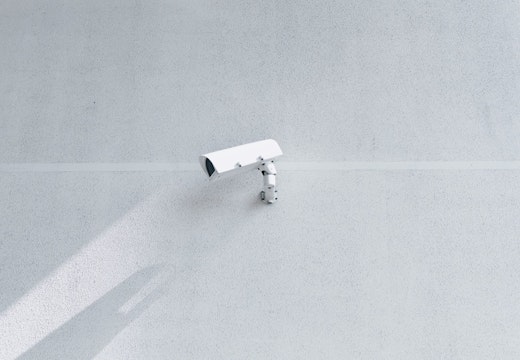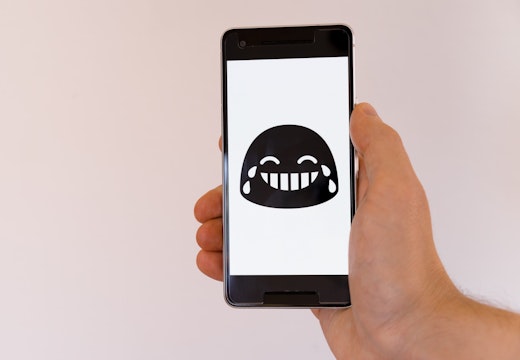AI legislation: will new EU act protect or punish innovation?
The benefits of AI in the workplace have long been heralded, but what does new EU legislation mean for platforms like Chat GPT that have become workplace staples?
The AI Act is the European Union’s newest attempt to curb technology companies that have long been considered out of control, but how will this legislation affect the future of AI in the workplace? And can we expect to see the same levels of AI innovation in the EU as we see in the USA?
The good news is that the aims of the AI Act are to protect the public from harm, making these technologies safer and ensuring that nobody’s rights are violated. As a result, the act is focused on the use-cases that have the potential to be most damaging, which largely falls outside the jurisdiction of the standard workplace.
However, there will be an impact on the technologies that many people utilise in their day-to-day working lives. The MIT Technology Review reports that the AI Act will require technology companies to notify people when they are talking to an AI chat bot and to watermark content that is created by AI.
Consider company policies
The adoption of AI chatbots to help people navigate company websites or access information, and the use of tools such as Midjourney, Chat GPT and Dall-e to generate text or images, pose a challenge for companies; they may need to consider their policies on use of AI in the workplace and reflect upon whether they want to utilise watermarked content in their advertising campaigns or even in internal messaging.
These changes have been introduced in the interests of increased transparency, with the aim of preventing misinformation or deep fakes from being utilised by dangerous actors. The AI Act also bans the use of some types of AI – namely those that utilise private and protected information or utilise facial recognition software in public.
The use of biometric data for building entrances remains a controversial topic. Facial recognition in public is banned in the EU and companies who have embraced new touch-free tech in an effort to prevent the spread of Covid-19 germs may find that the tide of public opinion on the health benefits of this approach has shifted – leaving them high and dry, looking for another solution.
Outstripping curbs
Tech firms driving AI innovation have traditionally gone unchecked as the level of innovation within these companies has outstripped the ability of legislative bodies to mobilise against them. Whilst this act does curb some of the freedoms of tech companies, critics are concerned that it does not go far enough. At least it marks a step in the right direction when it comes to achieving some level of safety checking on large AI systems before they are publicly released.
Want to know more? Access WORKTECH Academy writing on AI and its impact on architecture firms, how it can be leveraged positively by organisations and how it might impact the jobs market.








